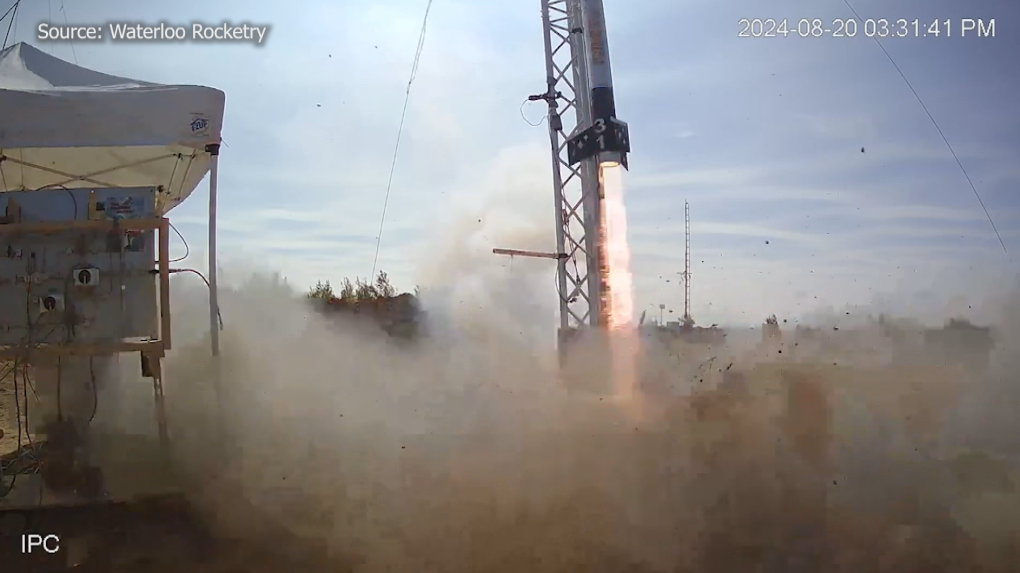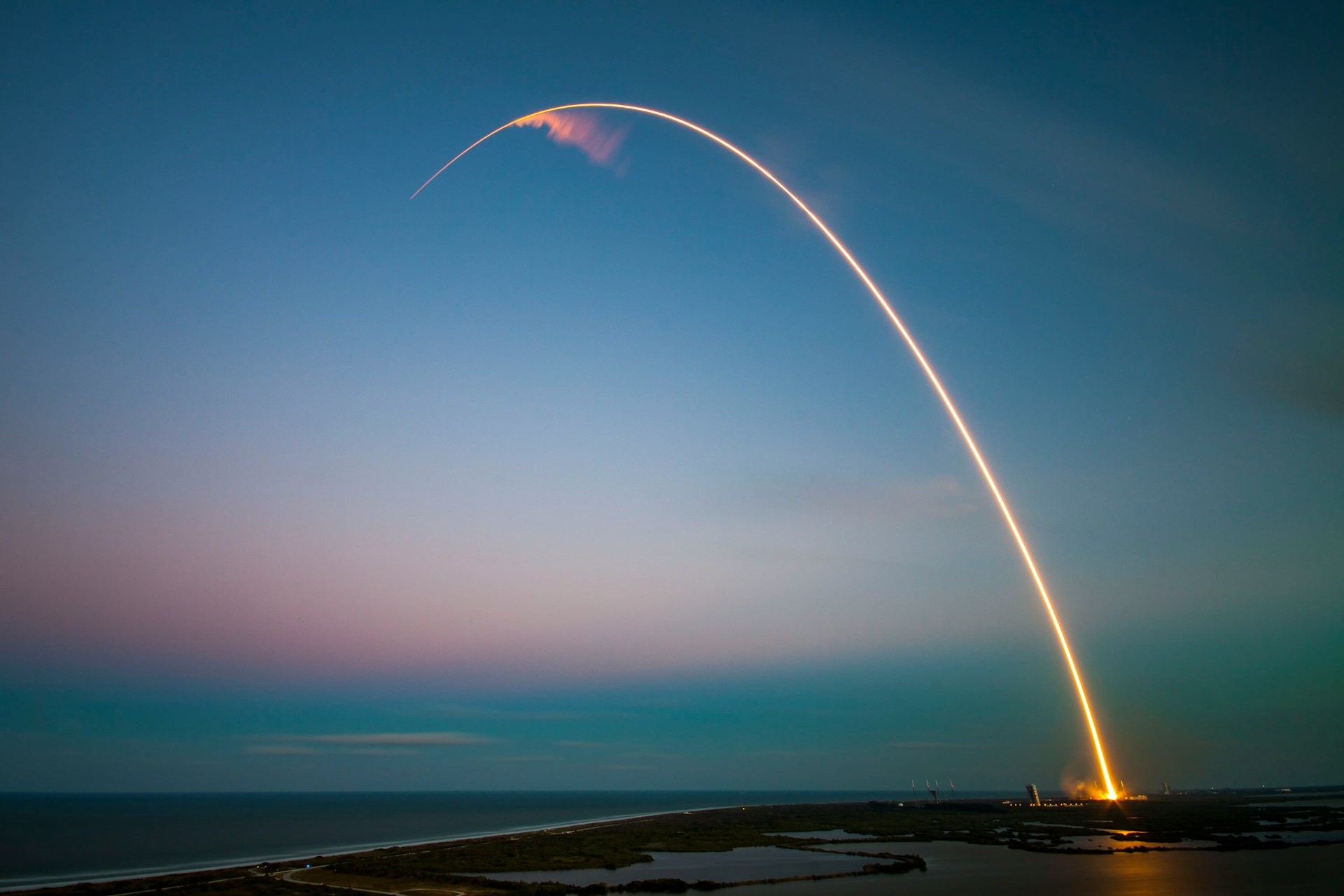In a significant leap for Canadian aerospace, the University of Waterloo’s student-led team, Waterloo Rocketry, has successfully launched the country’s first-ever liquid bi-propellant rocket, Borealis. The launch, which took place in August 2024 during the Launch Canada competition in Timmins, Ontario, marked a historic milestone in the nation’s space engineering efforts. Powered by a combination of ethanol and nitrous oxide, the rocket achieved an impressive altitude of over 19,200 feet and reached speeds exceeding Mach 1.3 before safely descending by parachute.
The engineering challenge of developing a liquid bi-propellant rocket; known for its complexity compared to solid or hybrid rockets, was met by the ingenuity and perseverance of the student team. The team demonstrated amazing resilience on overcoming failed tests and hardware issues, using innovative techniques to overcome this throughout the year.
“This launch is a testament to the hard work and resilience of our team. We encountered so many obstacles, from failed tests to hardware malfunctions, but we didn’t let that stop us,”
said Tessa Pugh, a second-year mechanical engineering student and team co-lead.
“It’s amazing to see what we’ve accomplished, especially with such a young team.” Pugh is already excited about the future: “There’s so much more we can do; this is just the beginning”.
The Borealis rocket’s development highlights the challenges of building a liquid bi-propellant rocket, which requires precise engineering and expertise.
“It was a lot of work,” said Holt Gray, a first-year mechanical engineering student involved in the project, “but seeing the rocket take off was worth every minute of effort. The only thing on my mind now is building the next one”
This achievement places the University of Waterloo at the forefront of Canadian aerospace innovation, joining an elite group of universities globally that have successfully launched liquid-engine rockets. The team’s future plans are ambitious, with sights set on developing rockets that can reach even higher altitudes and carry more complex payloads.

As the team continues to push the boundaries of student-led aerospace projects, this launch marks a defining moment, symbolising the dawn of a new era for Canadian space exploration.
“We’re proud to contribute to the future of Canada’s aerospace industry,” Pugh remarked, “and we can’t wait to see what comes next”

Hassan graduated with a Master’s degree in Chemical Engineering from the University of Chester (UK). He currently works as a design engineering consultant for one of the largest engineering firms in the world along with being an associate member of the Institute of Chemical Engineers (IChemE).



